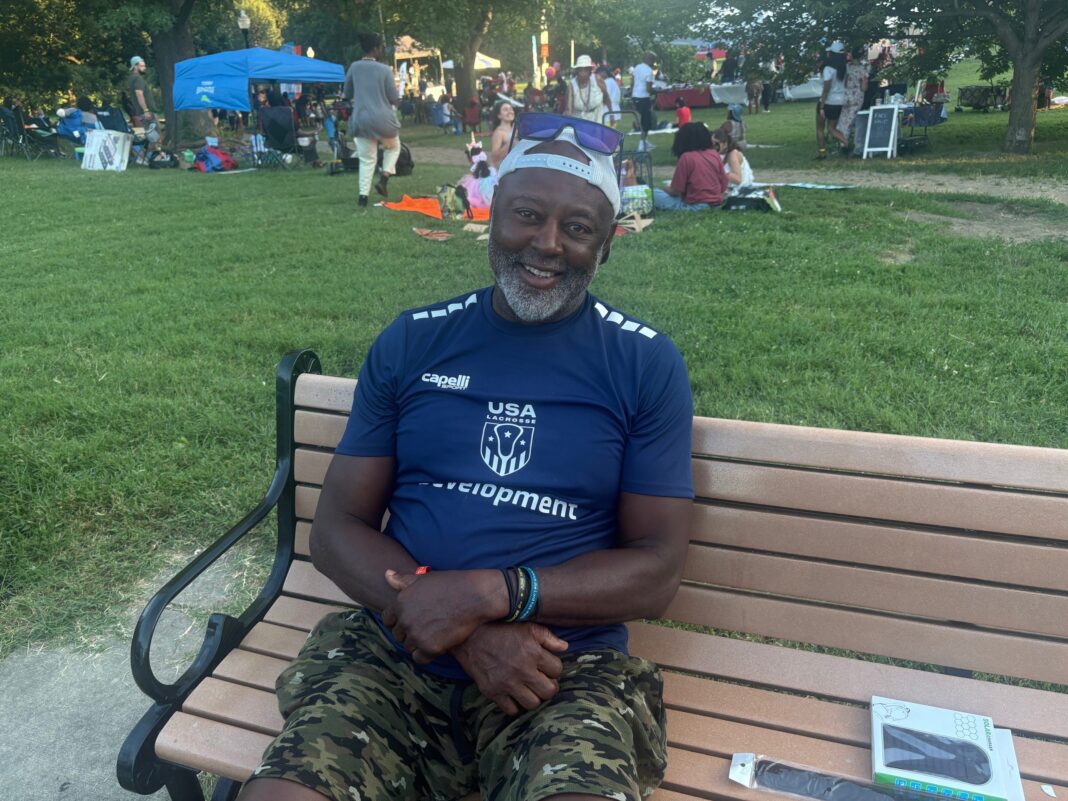Celebrating Black-Owned Businesses in Maryland: A Rising Trend
According to a 2025 Pew Research Center report, Maryland claims an impressive second place in the United States for the percentage of Black-owned businesses, with African Americans owning 10% of all companies in the state. Only Washington, D.C., holds a higher share at 16%. This notable statistic highlights the vibrant entrepreneurial spirit within the African American community, showcasing their determination and creativity in various sectors.
The Significance of Community Support
The AFRO, a prominent multimedia organization, engaged Maryland residents to share their favorite Black-owned businesses, emphasizing consumer support’s pivotal role in uplifting these enterprises. Residents expressed their favorites, revealing a rich tapestry of businesses—from bookstores to restaurants—each contributing to the state’s diverse economic landscape.
Leanna Harrison, a Baltimore City resident, passionately highlighted Everyone’s Place, an intersection of a bookstore and African cultural center located in Druid Heights. Harrison reminisced, “When I first moved to the city in 2017, it was a delight to visit Everyone’s Place, where I could converse with others and explore an extensive collection of books.”
A Cultural Hub: Everyone’s Place
Everyone’s Place is more than just a bookstore; it serves as a community hub where individuals can gather, exchange ideas, and foster cultural pride. It plays a significant role in preserving and promoting African heritage, making it an invaluable asset to the community. By encouraging patrons to engage with Black-owned businesses, it contributes to the collective strength and economic resilience of the local community.
Diverse Culinary Offerings
Harrison also mentioned The Empanada Lady, headed by Afro-Latina chef Elisa Milan, which has become a culinary staple at the Inner Harbor. This restaurant exemplifies the fusion of cultural backgrounds, offering delicious and authentic dishes in a vibrant setting. Additionally, she pointed out BLK Swan, an upscale dining experience located in Harbor East that emphasizes elegance and exceptional service.
Bar Vegan: A Trendsetting Culinary Experience
Another resident, Jeffrey Thames, voiced his affection for Bar Vegan. Founded by Pinky Cole-Hayes, who is also known for the famed Slutty Vegan chain, this restaurant marks Cole-Hayes’ triumphant return to Baltimore. Situated in the redeveloping Baltimore Peninsula, Bar Vegan not only serves creative plant-based dishes but also symbolizes the growth of Black entrepreneurship.
Thames shared his intrigue, saying, “She’s nationally known. I know a lot of people who have held functions there.” Despite not being vegan himself, he enjoyed the culinary experience, highlighting how Black-owned establishments broaden palates and provide fresh experiences.
Epi Dat Set: A Legacy of Haitian Cuisine
Rodriguez St. Paul took pride in his aunt’s business, Epi Dat Set, a Haitian catering company located in Laurel, Maryland. Founded by Mari “Yiamme” Michel in 1987, Epi Dat Set has provided for the Haitian community, especially during challenging times. St. Paul described how, during the pandemic, his aunt’s dedication led to long lines of eager customers as she navigated the demands of her business from her kitchen.
Stephan Dominique, another relative, emphasized that Epi Dat Set was born out of love and passion. “That was one woman believing in herself, and with her believing in herself, it gave us the opportunity to believe in ourselves as well,” he remarked, illustrating the generational impact of their aunt’s entrepreneurial spirit.
Economic Empowerment Through Local Consumption
Both St. Paul and Dominique keenly acknowledged the importance of directing the Black community’s substantial spending power—exceeding one trillion dollars—back into their local businesses. “People are maximizing on our consumption,” Dominique observed. “At the end of the day, our consumption should be focused on what we own, make, and sell.”
This statement underscores a broader movement towards economic empowerment, urging community members to invest in their own neighborhoods and uplift fellow entrepreneurs.
The Bigger Picture: Community Growth and Cultural Preservation
The conversations surrounding these local businesses reveal a greater narrative about community resilience and cultural pride. Supporting Black-owned businesses not only strengthens the economic foundation of Maryland but also helps preserve cultural histories and stories, ensuring they are passed down to future generations.
As residents emphasize their choices, it becomes clear that every dollar spent in these businesses contributes to a cycle of empowerment and sustainability, allowing communities to flourish while honoring their roots.



